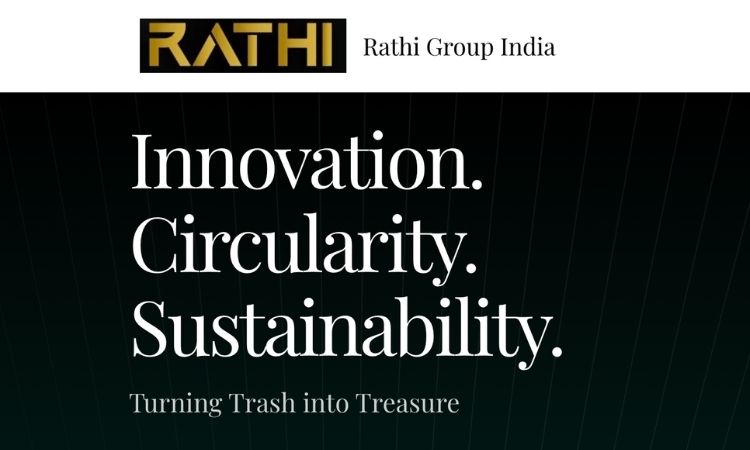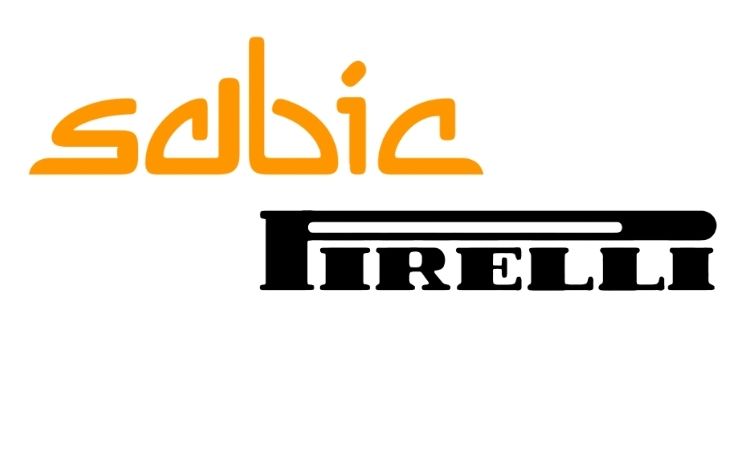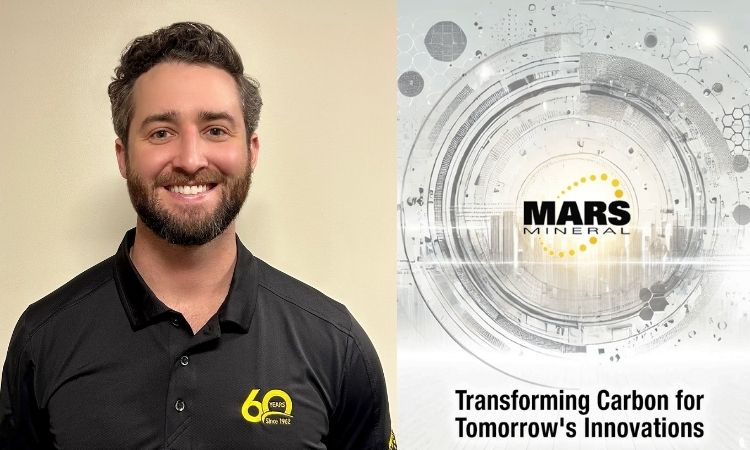Environment-friendly solution for end-of-life tires in Argentina
Hernán Di Leo, ELT manager at Prometeon, is quoted in a article in Argentina's Clarin Economica as saying, "I have been in charge of recycling the tires we sell for six months. I initially believed it would be a task, but I became deeply immersed and found a wonderful activity."
Prometeon is Argentina's largest distribution network, with over 1,100 people and about 120 points of sale.
Although it must be made clear that the procedure only accepts high-quality tires, "the reuse of tires is a crucial to the sustainability of the business," adds Di Leo. And he adds that "a tyre requires at least 250 years to biodegrade," according to estimates.
Other supplementary possibilities exist, such as tyre repair through retreading techniques. But even after retreading, a tire's usable life eventually expires. Because of this, Prometeon established its ELT Program, which entails repurposing recycled tire parts into things like playground equipment for kids, artificial turf for soccer fields, and energy sources for businesses in the cement sector.
"The tire is an oil derivative, and in order to change it into something else, it must be broken down. Then it might be something different," said Di Leo.
"At this time, the Prometeon ELT program has already shipped just over 600 tons of goods to businesses like Holcim, Worms, and Regomax, each of which benefits from the ELT program in their respective industries." He goes on to say that everything is free. Regomax manufactures artificial grass granules domestically and also exports them. Unfortunately, Holcim is the only company in Argentina using the powder as an excellent fuel for its kilns, and it only has two kilns.
Although the idea appears to be incredibly advanced, it actually demonstrates how outdated Argentina's law is.
"Extended Responsibility Laws, which are ineffective in Argentina, exist in other South American nations. According to EPR law, each company is required to declare the eventual destination of each tire it manufactures. They exist, among others, in countries like Brazil, Ecuador, and Uruguay.
"What we did was anticipate a step that, in our opinion, is just and essential, and we accomplished it with the help of our entire network of distributors. We seek out technology partners for our products' ultimate use, but the reality is that we are very happy with our accomplishments. When you consider that a business tire typically weighs around 55 kilos, the potential damage that millions of these items could do to the environment is astounding."
Article by Clarin Economica.
Weibold is an international consulting company specializing exclusively in end-of-life tire recycling and pyrolysis. Since 1999, we have helped companies grow and build profitable businesses.









